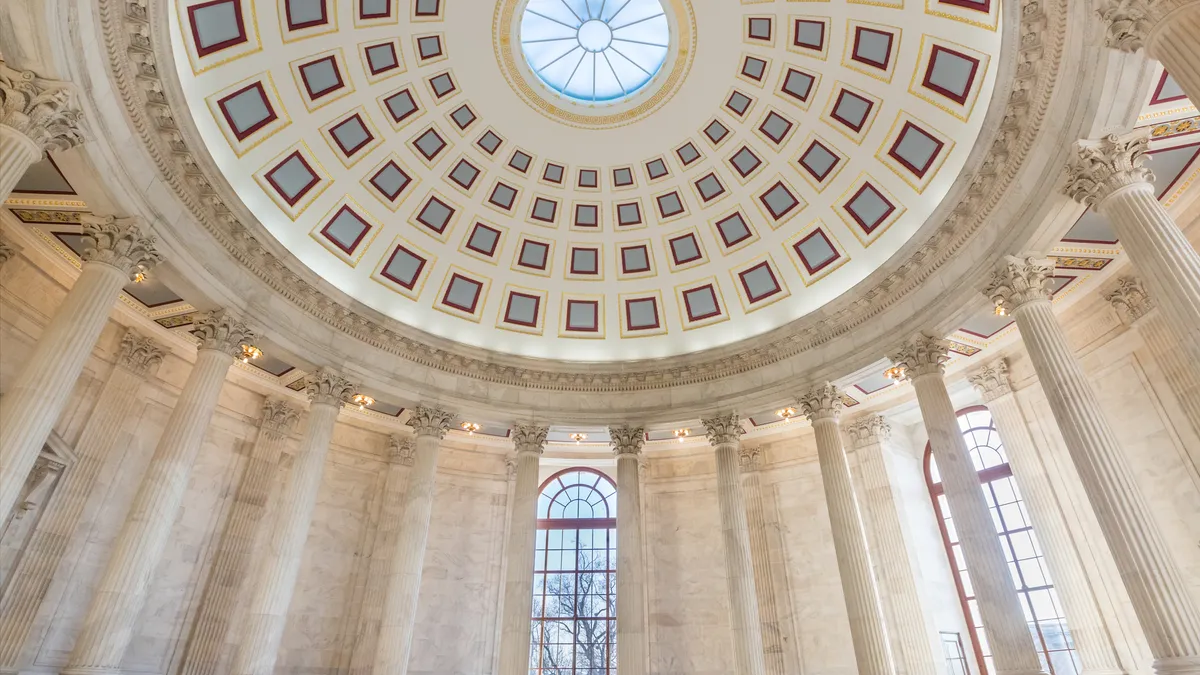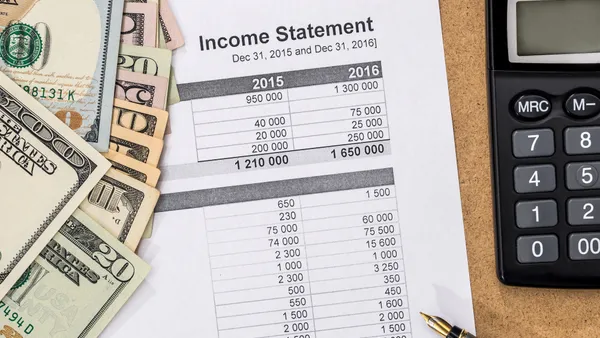Senate lawmakers are looking to add provisions addressing taxes and a broader menu of replacement rates to long-awaited federal legislation that would provide a legal roadmap for legacy London Interbank Offered Rate (LIBOR)-linked contracts that lack fallback provisions.
Sens. Thom Tillis, a Republican from North Carolina, and Jon Tester, a Democrat from Montana, had been expected to submit the bill, a version of the Adjustable Rate Act passed by the House in December, as early as last week. But the process is taking more time as lawmakers are working on making three additions, according to Mark Schuermann, managing director and head of federal government and international affairs at the Securities Industry and Financial Markets Association.
The Senate action is needed to pass federal legislation that would smooth the phase-out of LIBOR by switching a large portion of $1.9 trillion in LIBOR-linked financial contracts to the Secured Overnight Financing Rate reference rate approved by the Federal Reserve. The so-called “tough legacy” or “broken” contracts don’t have a specified replacement rate for borrowers and lenders to use instead of LIBOR, which is set to be discontinued in June of 2023. Without the law many parties may end up having to turn to litigation to settle the rate decisions, lawyers say.
One of the additions to the bill would clarify regulatory standards around the future use of non-SOFR alternative reference rates, Schuermann said. It’s not clear what that language would look like but a version would effectively protect lenders who use a non-SOFR replacement rate from any regulatory enforcement actions, according to The New York Law Journal. Some might prefer to use Ameribor or Bloomberg’s BSBY, the report said.
Clogging courts
Separately, another addition would ensure that the switch to a SOFR replacement rate would not constitute a taxable event, Schuermann said. The third add would resolve an issue with legacy federal student loans by making clear SOFR would be the benchmark for setting the federal government special allowance payments made to lenders to offset the discounted loans they make, he said. If or when the Senate bill is passed, a reconciliation of the differences between the House and Senate versions would have to be negotiated or either the House or the Senate would cede to the other's version. "We'll have to determine the path forward after the Senate bill passes," he said.
The federal legislation has drawn the strong support of more than a dozen financial industry associations and related trade groups, including SIFMA and the National Association of Corporate Treasurers, which in a December letter urged the passage of the House bill. Last year Fed Vice Chair Randal Quarles also called for legislation to help safeguard financial market stability, testifying before the House Financial Services Committee that there was “really no way to address” the legacy contracts other than legislation.
In the absence of a federal law enacted to date, state lawmakers in New York and Alabama passed their own as a kind of stopgap measure and more states are following suit. Without federal legislation CFOs and financial executives face the prospect of having to contend with a growing patchwork of state laws emerging to address the LIBOR. The federal law would replace any existing state laws and provide a uniform legal structure for borrowers and lenders across the U.S.
Georgia State Rep. Bruce Williamson, one of the sponsors of a LIBOR bill passed by the Georgia House by a vote of 154-0 on Monday, said his state was moving forward with its own legislation should the federal legislation stall.
The Georgia bill is “a fallback for the fallback in case the [federal] government doesn’t get its act together,” Williamson told CFO Dive. “Nobody wants to have the potential for a disaster clogging the courts and hurting borrowers and lenders alike.”











